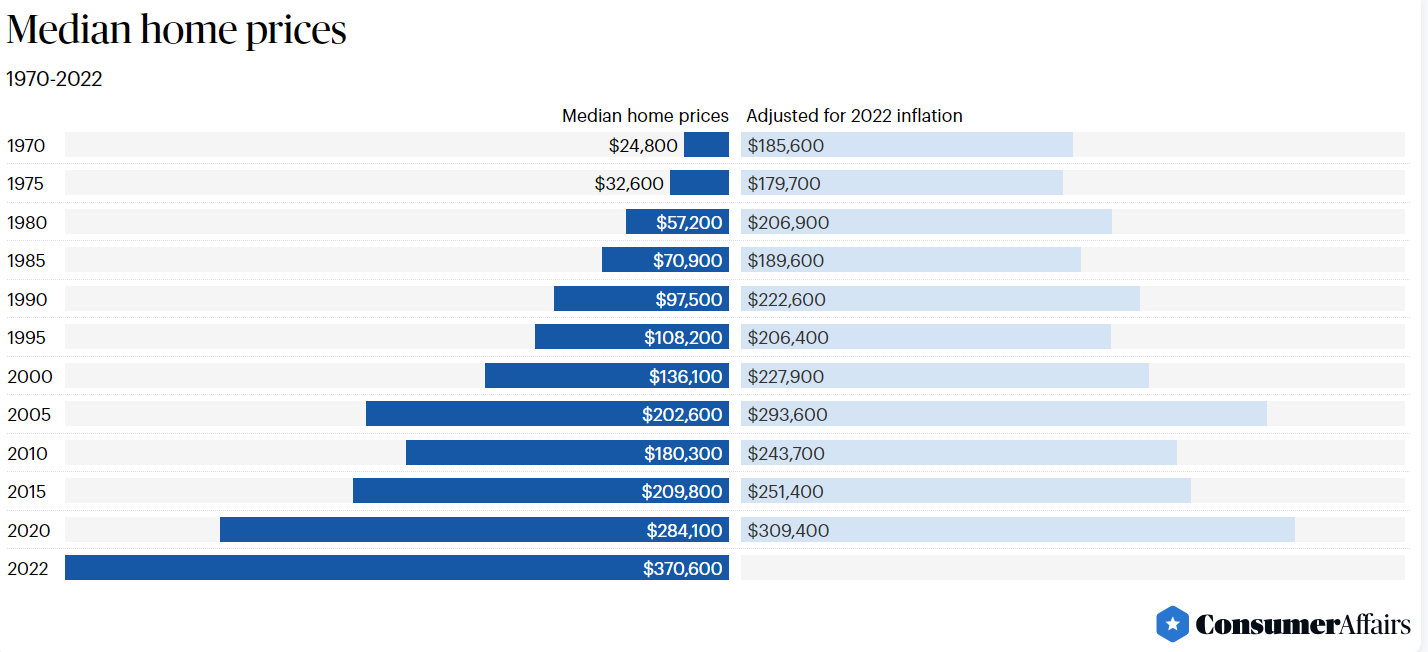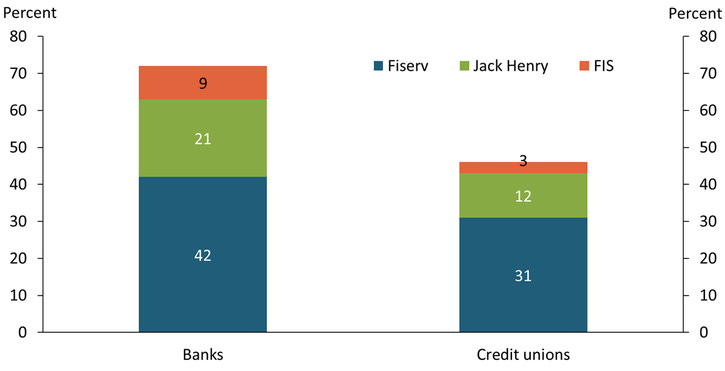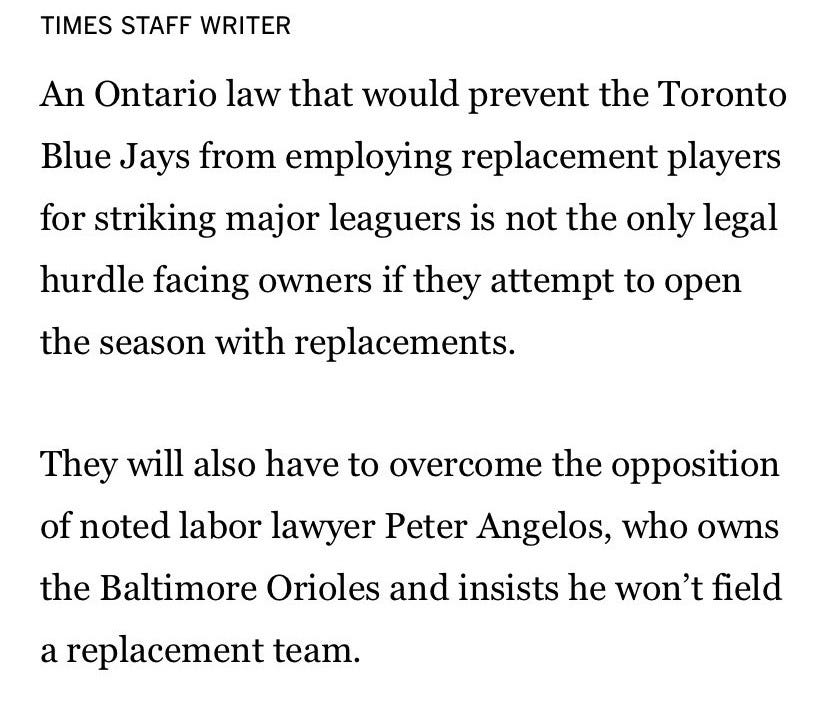|
Welcome to You’re Probably Getting Screwed, a weekly newsletter and video series from J.D. Scholten and Justin Stofferahn about the Second Gilded Age and the ways economic concentration is putting politics and profits over working people.
Welcome to You’re Probably Getting Screwed, a weekly newsletter and video series from J.D. Scholten and Justin Stofferahn about the Second Gilded Age and the ways economic concentration is putting politics and profits over working people.
The Department of Justice is trying to take a bite out of Apple and here’s why it matters to you.
And if you think I am an android user or have something against Apple, think again.
The antitrust case is complicated. To understand what’s going on you have to look abroad.
First, in Europe, the EU began implementing the Digital Markets Act which aims to clamp down on anti competitive practices from tech players.
Secondly, in China, Apple actually has to compete. This article says “Apple may be a de facto monopolist for most of the world, but in China the company is simply another smartphone vendor.”
And what happens when you can’t enforce your monopoly power and you have to actually compete? Costs go down. As this headline says "Apple's iPhone Steeply Discounted in China on Weak Demand.”
Here in the U.S., Apple has monopoly power over not just how much we pay for smartphones, but over virtually every use of our smartphone and by extension everything that smartphone comes to touch, business software applications, digital wallets, cars, games, etc.
Matt Stoller on his Substack wrote about the three reasons we all need to care about this case:
One, more competition (like in China) means lower costs for consumers.
Second, smartphones and watches would improve more rapidly. Currently, Apple is spending twice as much on stock buybacks as it does on research and development (R&D).
Three, if we don’t stop this monopolization, we are handing the future over to Apple. Meaning, they will become the gatekeepers to not only smartphones but to financial services, fitness, gaming, social media, news media, entertainment, and automotive markets.
There’s more to it but I’ll end with this: Apple won’t accept this laying down. They will have a ridiculous amount of attorneys and they’ll spend a ridiculous amount on PR to play things down.
I want to tip my hat to the Biden Administration’s boldness for taking on this fight.
As antitrust attorney Amanda Lewis says “This case is the capstone of the Biden Administration’s efforts to enforce antitrust law when it comes to Big Tech.”
YOU’RE PROBABLY (ALSO) GETTING SCREWED BY:
Walmart (FTC) Report
The Federal Trade Commission released a report examining the impact consolidation has had on the grocery supply chain. In addition to finding big corporations used the pandemic to raise prices and pad their profits, the report details the way Walmart used its power to keep its shelves full at the expense of smaller competitors.
Housing Costs
A new report from Consumer Affairs found that Gen Z has 86% less purchasing power than Baby Boomers did in their 20s. One of the biggest culprits is housing as Gen Zers and millennials are paying nearly 100% more on average for their homes, and 150% more in rent, compared with what baby boomers paid in the 1970s.
Cargill
Billionaires are such snowflakes. In Minnesota residents of Duluth were curious why Kathy Cargill, wife of a billionaire heir to the powerful agriculture conglomerate Cargill, was quickly snapping up homes in the city and demolishing them. Apparently such questions were super rude so Kathy has decided to take her ball and go home.
Bank Technology Monopolies
A key challenge for the survival of community banks and credit unions are high technology costs. Behind those high costs is the “core services cartel” that dominates the market for the digital tools banks need for things such as deposit taking, payment facilitation, and loan origination.
Medicare Advantage
According to the latest report from the Medicare Payment Advisory Committee (MedPAC), Medicare Advantage plans, which are a privatized version of Medicare that has been slowly taking over the program, overbilled Medicare by 22% costing taxpayers $83 billion in 2024!
Peter Angelos
By the low standards of baseball team owners the world lost a good one in Peter Angelos, who among other things refused to go along with plans to use replacement players during MLB’s labor battles in the mid-1990s.
Tax-Free Mergers
In 2021 over half of mergers over $1 billion were tax-free as companies exploit a long-standing loophole in the law. In recent years Facebook’s acquisition of WhatsApp in 2014, AT&T’s acquisition of Time Warner in 2018 and Capitol One’s proposed acquisition of Discover are all structured to be tax free. Fortunately there is bipartisan legislation to close this loophole.
SOME GOOD NEWS
Turns out workers are workers
The Wisconsin Supreme Court has let a lower court ruling stand that declared Amazon Fresh delivery drivers were employees, not independent contractors as the tech giant had claimed, which is a major victory in the fight against the misclassification of workers.
Workers push for governance
The International Association of Machinists District 751 is seeking to use its upcoming contract negotiations with Boeing to get a seat on the troubled aerospace giant’s board, which would give workers a stronger voice in company governance.
Biden Administration continues crack down on price fixing
The FTC and Department of Justice filed a statement of interest in an antitrust lawsuit in New Jersey that explains that hotels cannot collude on room pricing and cannot use an algorithm to engage in practices that would be illegal if done by a real person.
BEFORE YOU GO
Before you go, I need two things from you: 1) if you like something, please share it on social media or the next time you have coffee with a friend. 2) Ideas, if you have any ideas for future newsletter content please comment below. Thank you.
Standing Tall for All,
J.D. Scholten




